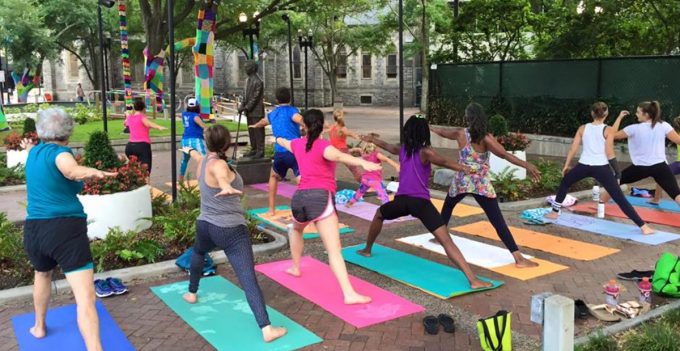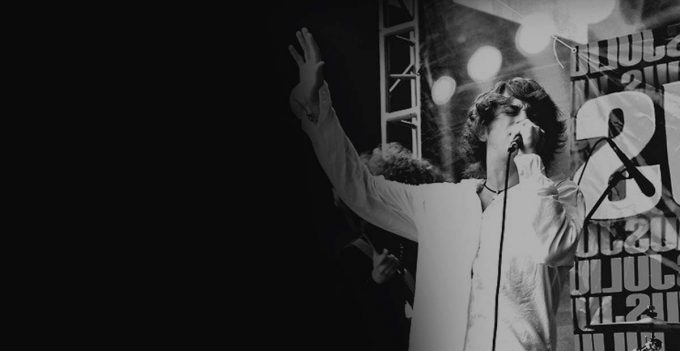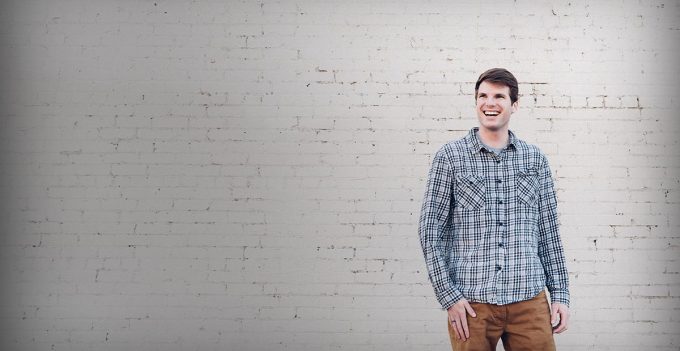Yoga 4 Change: Kathryn Thomas Promotes the Benefits of Yoga for Recovery
Kathryn Thomas Executive Director, Yoga 4 Change After an ankle injury derailed her dream of becoming a Navy pilot, Kathryn Thomas turned to yoga for healing. She saw the benefits […]





